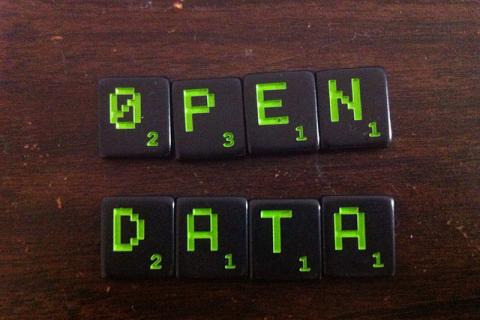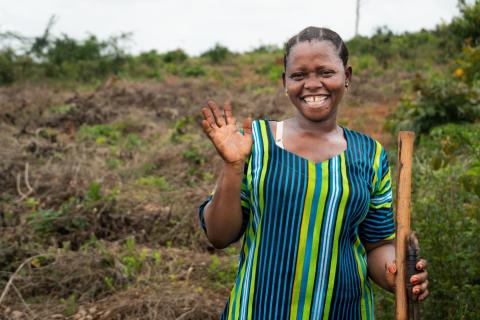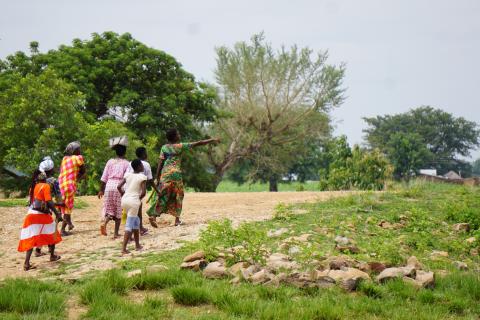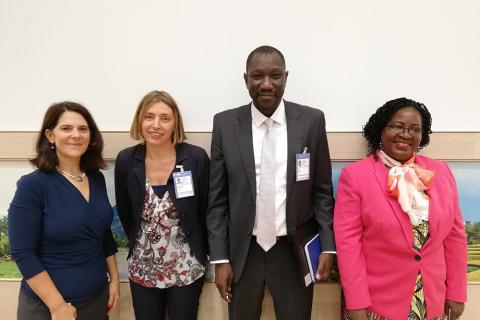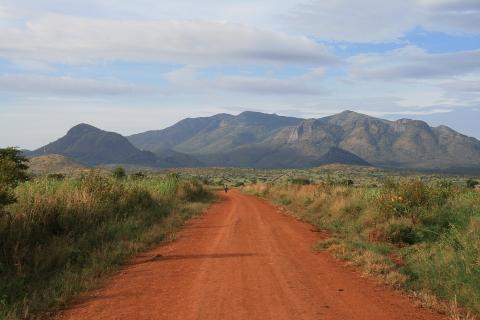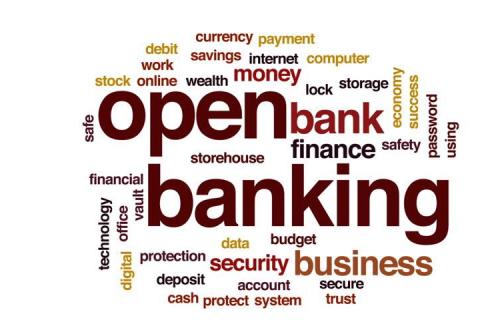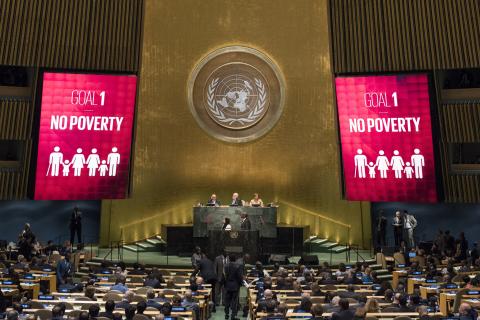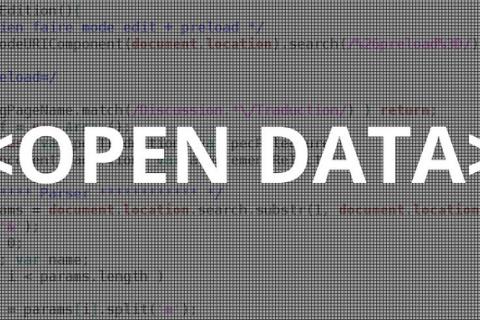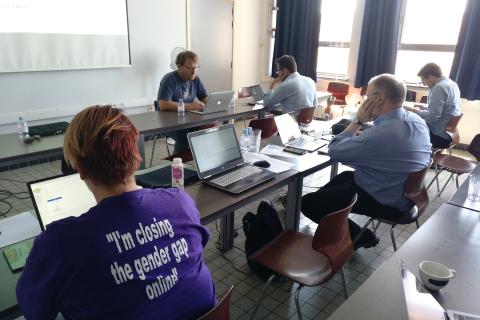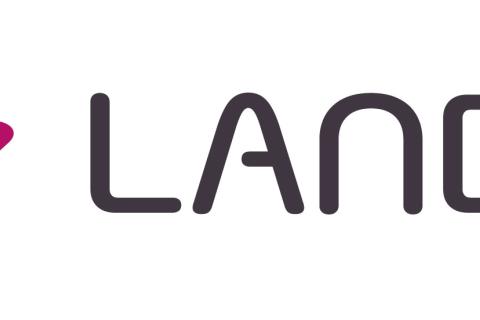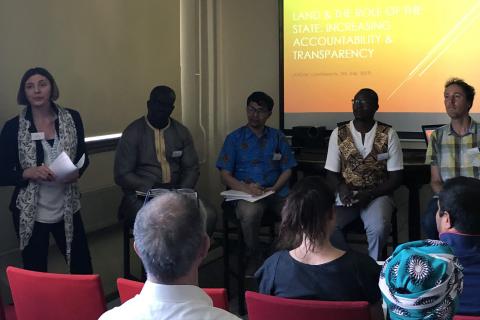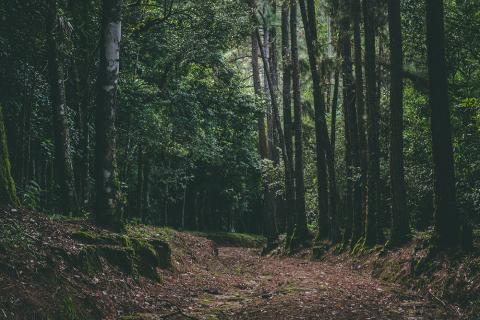Building Back Better: Responding to COVID-19 with Land Information Digitization and Sharing
"Information is power but information sharing is even more powerful." With this statement, during his opening of the side event on blockchain at the LANDac encounter 2020, John Dean Markunas, Power of Chain Consultancy (PoC) cited me. I am now citing him back to explain what I meant.

